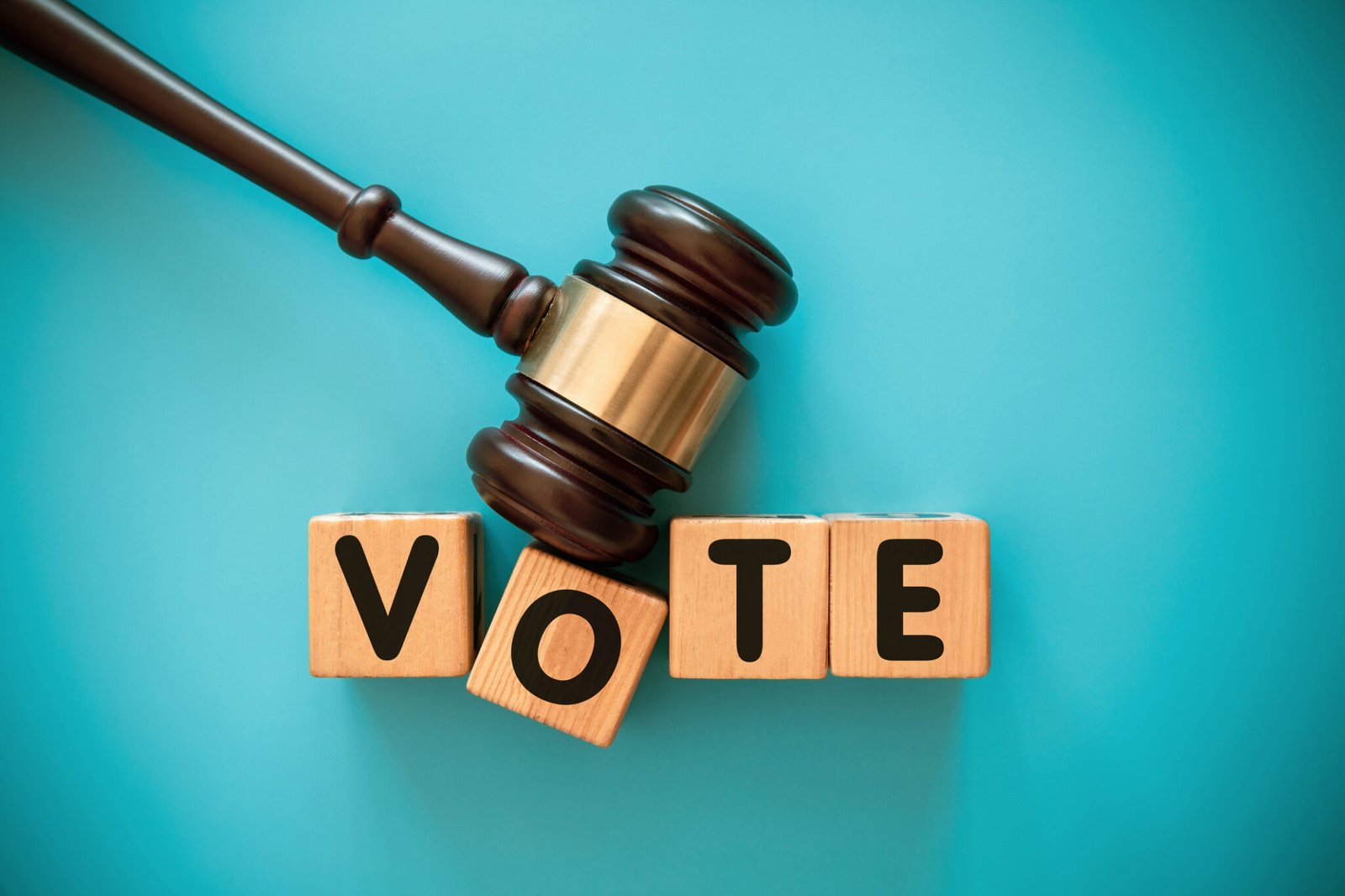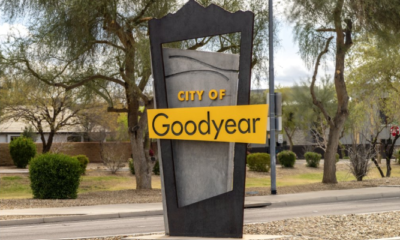2024 election
Fontes Unveils Names of AZ Voters Affected by MVD Database Glitch, Sparking Controversy

Arizona Secretary of State Adrian Fontes has lost his legal battle to block the release of names of voters improperly registered due to a data error. This decision comes after a court ordered the disclosure of these names to the Strong Communities Foundation of Arizona, a conservative group led by activist Merissa Hamilton.
The nonprofit organization filed a public records lawsuit after Fontes initially withheld the list until after the November 5 election. Represented by America First Legal, an organization founded by Trump adviser Stephen Miller, the group sought access to information regarding over 200,000 Arizonans affected by the glitch in the state’s driver’s license database.
This glitch falsely labeled some voters as having provided proof of citizenship, a requirement imposed by Arizona law since 2005. Most of those affected have lived in Arizona for decades and were registered to vote, but they were caught in a “data coding oversight” affecting licenses issued before 1996.
In a recent ruling, Maricopa Superior Court Judge Scott Blaney dismissed Fontes’s concerns regarding potential voter intimidation linked to the disclosure. The court ordered the release of names of the initial 98,000 voters discovered due to the glitch by November 4. Fontes quickly appealed the decision, but the Arizona Court of Appeals upheld the ruling, indicating no errors were made by the lower court in its decision.
The names on the list will not only be shared with county recorders but also with Republican leaders in the Arizona legislature. This is significant considering the Arizona Legislature’s history of promoting conspiracy theories surrounding election integrity since 2020.
Previous attempts to audit the 2020 election, led by conspiracy theorists, have not yielded evidence of fraud, contrary to claims made by some lawmakers. Reports of former and current legislative members urging citizens to monitor drop boxes for alleged fraud have raised concerns over the implications for the upcoming elections and voter safety.
Hamilton’s group is known for its connections to organizations that have previously coordinated with militia groups to observe ballot drop boxes. Although she stated that she does not engage with groups promoting violence, her past involvement casts doubt on this assertion.
Fontes received support in his appeal from former law enforcement officials who expressed concerns over the risks associated with releasing the names before the election. They highlighted past incidents of intimidation in election-related contexts and recent social media threats against election officials linked to fears of voter fraud.
The court, however, remained unconvinced of the potential danger, deciding in favor of transparency over concerns regarding intimidation. This case sheds light on ongoing debates about voter registration processes, election integrity, and the influence of political affiliations in Arizona’s electoral landscape.


















